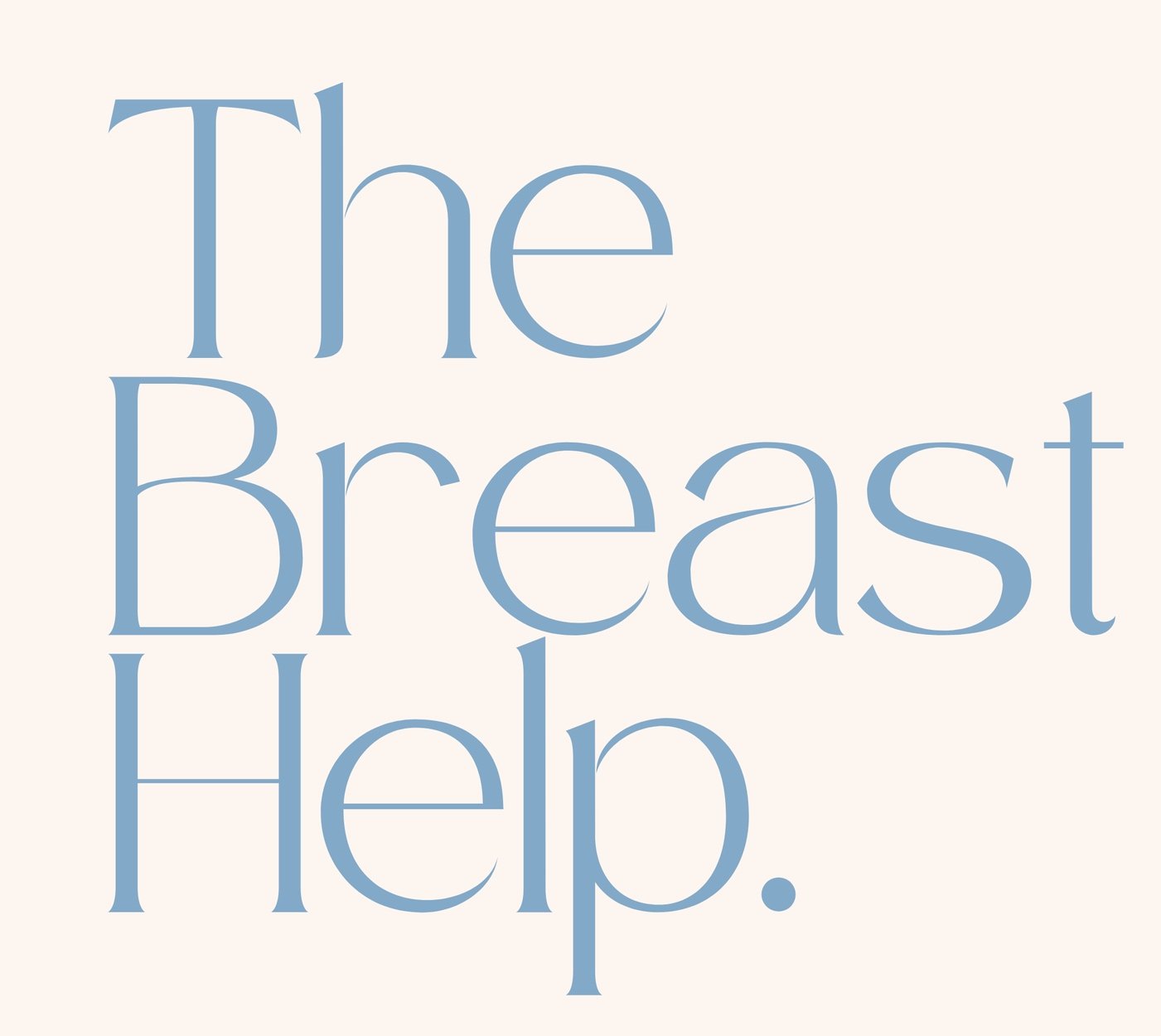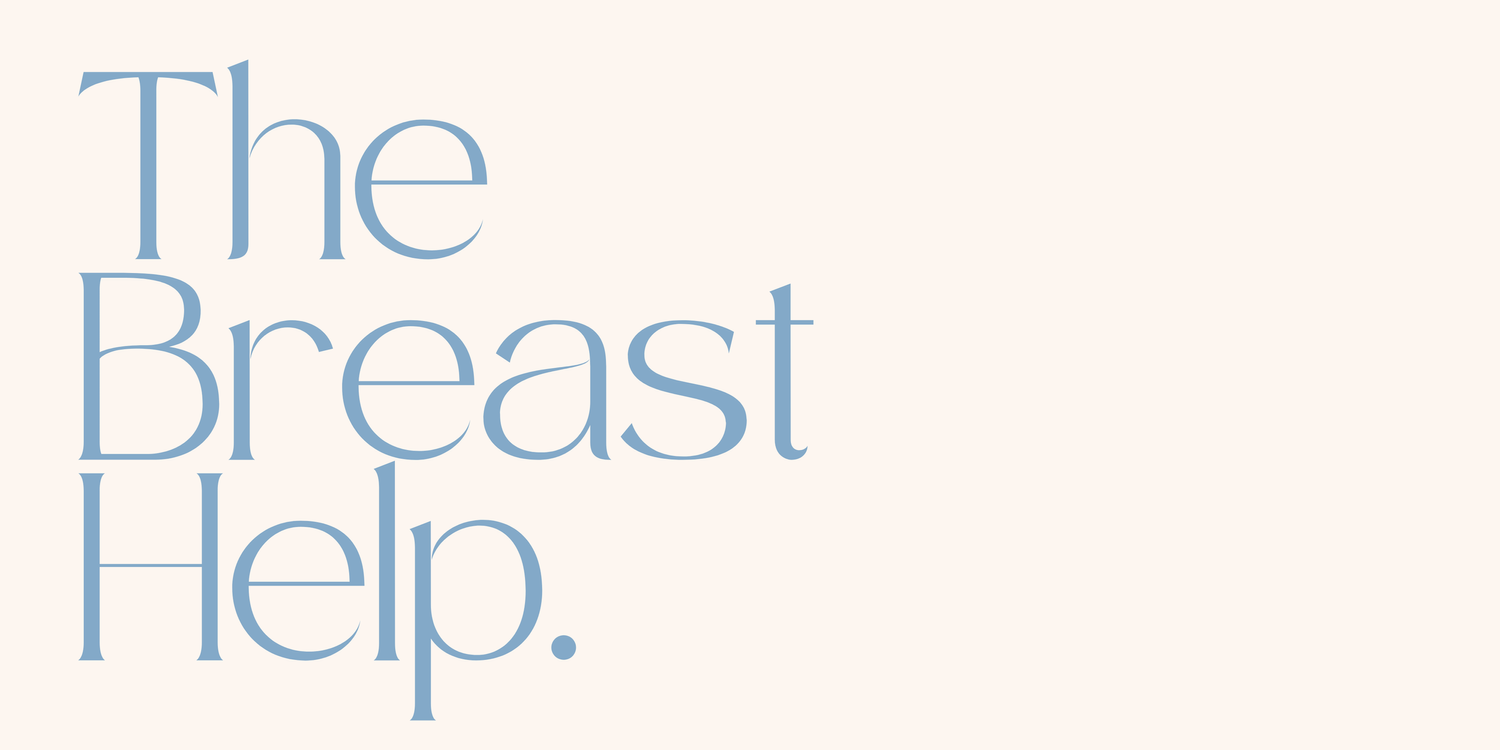The Sleep-inducing Hormones Within Breastmilk.
Ever wondered why your baby seems impossible to keep awake after a breastfeeding session? Or why the Feed/Play/Sleep routine might not be a realistic expectation for breastfed infants? The answer lies in the unique cocktail of hormones present in breastmilk. These hormones not only nourish your baby but also help regulate their sleep-wake cycles. In this blog post, we will explore how these hormones work and why they make breastfeeding and sleep go hand in hand.
Breastfeeding and Sleep
Breastmilk is a complex biological fluid that contains a wide variety of nutrients and bioactive components, including hormones that can influence your baby's sleep patterns. These hormones include melatonin, prolactin, oxytocin, and tryptophan.
Melatonin
Melatonin is a hormone that helps regulate sleep-wake cycles. A study published in the journal Nutrients in 2020 found that breastmilk melatonin levels were highest in the middle of the night and lowest in the morning. This suggests that breastfeeding at night may promote more restful sleep for infants.
Prolactin
Prolactin is another hormone that is associated with relaxation and drowsiness. Breastfeeding stimulates the release of this hormone. According to a study published in the Journal Paediatrics in 1999, breastfed infants had higher levels of prolactin in their bloodstream than formula-fed infants. This suggests that breastfeeding may promote drowsiness and sleepiness in infants.
Oxytocin
Oxytocin, often referred to as the "bonding hormone," is released during breastfeeding. It promotes relaxation and bonding between mother and baby. A 2018 study published in the journal Frontiers in Psychiatry found that oxytocin levels were higher in breastfeeding mothers than non-breastfeeding mothers. Interestingly, higher levels of oxytocin were associated with better sleep quality in infants.
Tryptophan
Breastmilk also contains the amino acid tryptophan, which is a precursor to serotonin and melatonin. Serotonin is a neurotransmitter that helps regulate mood and sleep, while melatonin helps regulate sleep-wake cycles. A study published in the journal Nutrients in 2017 found that breastfed infants had higher levels of tryptophan in their bloodstream than formula-fed infants. This suggests that breastfeeding may promote the production of sleep-promoting neurotransmitters.
Understanding the Sleep Hormones in Breastmilk
Now that we understand the cocktail of sleep hormones in breastmilk, it becomes clear why trying to separate feeding and sleep can be a challenging and stressful experience for many families. If you are being advised to implement a Feed/Play/Sleep routine with a breastfed baby, remember that you are working against biology. Breastfeeding and sleep can indeed go hand in hand, despite what some may tell you.
Further Reading:
If you're interested in learning more about the connection between breastfeeding and sleep, here are some scientific studies and articles to get you started:
Field, T., Hernandez-Reif, M., & Feijo, L. (2002). Breastfeeding in depressed mothers enhances infants' cognitive development. Infant Behavior and Development, 25(3), 381-388.
Hiscock, H., & Wake, M. (2001). Infant sleep problems and postnatal depression: a community-based study. Pediatrics, 107(6), 1317-1322.
Moon, R. Y., & Biliter, W. M. (2015). The breastfeeding mother and infant's sleeping environment. Pediatrics, 135(5), e1147-e1154.
Paul, I. M., Savage, J. S., Anzman, S. L., Beiler, J. S., Marini, M. E., Stokes, J. L., ... & Birch, L. L. (2016). Preventing obesity during infancy: a pilot study. Obesity, 24(1), 34-43.
Sánchez, C. L., Cubero, J., Sánchez, J., Chanclón, B., Rivero, M., Rodríguez, A. B., & Barriga, C. (2009). The possible role of human milk nucleotides as sleep inducers. Nutritional Neuroscience, 12(1), 2-8.
Thakkar, S. K., & Garrison, M. M. (2017). Effect of bedtime on infant sleep duration. Clinical Pediatrics, 56(7), 632-637.
Vallee, M., Mayo, W., Darnaudery, M., Corpechot, C., Young, J., & Koehl, M. (1997). Neurosteroids: deficient cognitive performance in aged rats depends on low pregnenolone sulfate levels in the hippocampus. Proceedings of the National Academy of Sciences, 94(26), 14865-14870.
Young, B. E., Ecker, J. L., & Ohls, R. K. (2012). Human milk and breastfeeding: an evidence-based review for the practitioner. American Journal of Obstetrics and Gynecology, 207(6), 423-428.

